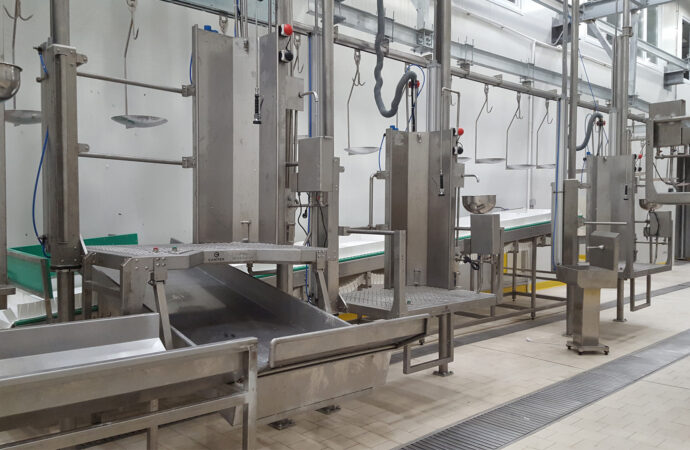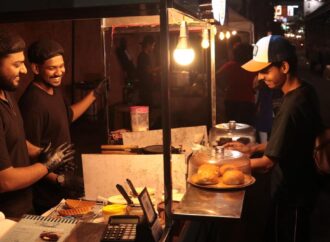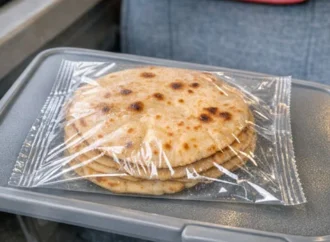Report
Chennai licensed slaughterhouses are putting public health at risk due to collapsing infrastructure, unhygienic practices, and mismanaged meat waste. A recent inspection at the Pullainthope and Saidapet municipal slaughterhouses exposed serious breaches in sanitation, animal handling, and food safety protocols.
Officials Uncover Disturbing Conditions
Inspectors found meat waste piled up across the premises, producing a foul stench and turning the ground into a filthy slush. Workers left blood-stained floors unwashed and allowed drains to clog. Bones, meant for resale to hotels, lay out in the open without refrigeration. Slaughterhouse staff processed animals in unhygienic conditions and skipped mandatory health checks.
Workers ignored designated butchering zones, slaughtering animals in restricted areas. “Transporters cram up to 80 goats into trucks meant for 40 to 50. Some animals die en route,” said A. Saravanan, a former meat stall owner from Pullainthope. “Earlier, veterinary officers rejected sick animals. Now, sellers even pass off meat from dead animals,” he added.
On average, workers slaughter over 1,500 goats and 60 cattle each day, with higher numbers on weekends. Yet, many fail to follow the basic rule of stamping meat to certify it as safe for consumption. “They stamp only a few cuts. Most meat goes out unchecked,” said resident P. Manogar.
Poor Waste Handling Spreads Health Hazards
The danger doesn’t stop at the slaughterhouse gates. Workers dump meat waste in nearby public areas, including locations near schools, exposing residents to constant foul odour and heightened disease risks. Illegal meat shops, operating inside residential neighbourhoods, often sell meat long after recommended hours without cold storage. “On Sundays, these shops stay open till evening. They don’t use freezers,” said a Saidapet resident.
Experts warn that improper temperature control speeds up spoilage. “Shops should sell fresh meat within six hours if kept at room temperature. If they freeze it, they must store it at -18°C,” said Dr. J. Kamal Hussain, veterinary officer at the Greater Chennai Corporation (GCC). “Some vendors shut their freezers at night, allowing meat to spoil,” he added.
Authorities Begin Facility Upgrades
GCC Commissioner J. Kumaragurubaran announced that the corporation has started modernising the Pullainthope slaughterhouse at a cost of ₹45 crore, with completion targeted by December. Officials also plan to upgrade the Saidapet facility with a ₹50 crore budget following stakeholder consultations.
The GCC has assigned veterinary officers to all licensed slaughterhouses to stamp meat before it enters the market. The corporation, along with the Food Safety Department, is conducting random checks to ensure sellers hold valid licences and source meat from approved facilities. “We seize any decomposed or unsafe meat during inspections and take strict action,” said Dr. Hussain.
Enforce Rules to Protect Consumers
These findings highlight more than just infrastructure issues—they expose a breakdown in enforcement. Chennai urgently needs tighter monitoring, mandatory training for meat handlers, and harsher penalties for violators. Safe meat is a basic consumer right. To uphold it, the city must enforce strict food safety standards across the supply chain, from slaughterhouse to store.
Source: The Times of India
 Food Manifest
Food Manifest 


















